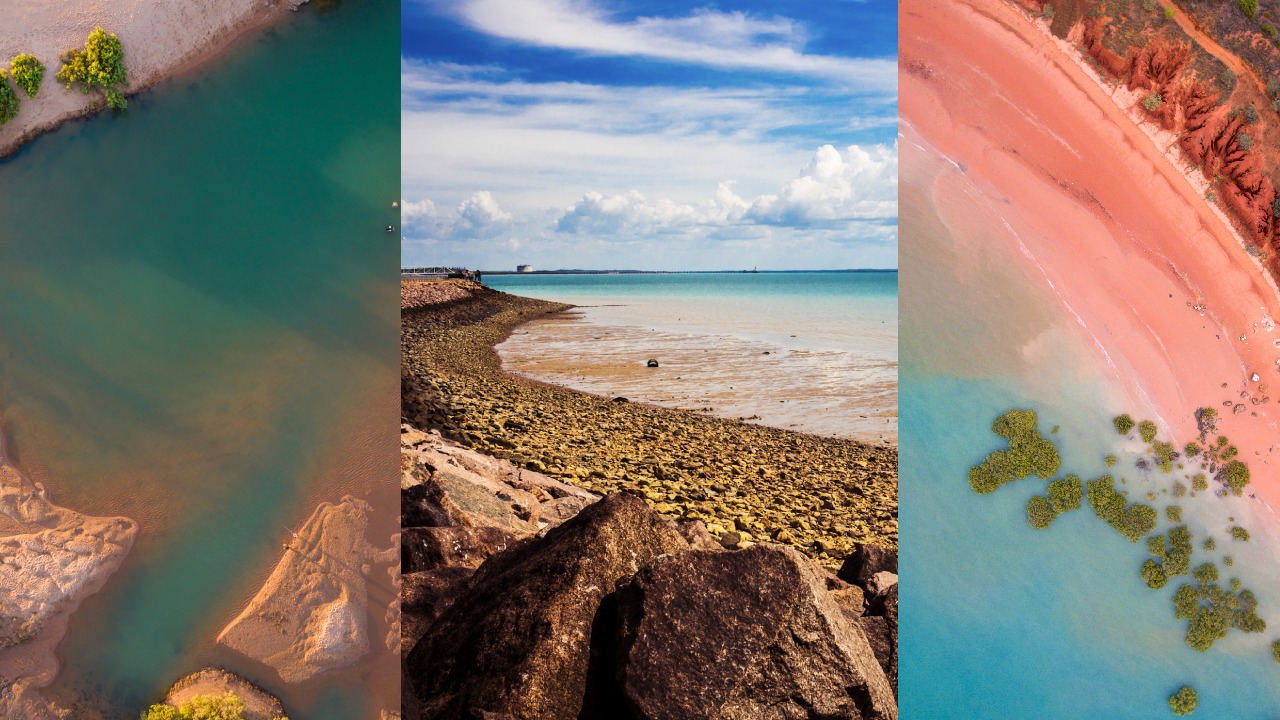Three Aussie regions set to be unliveable

Three major economic centres are set to become uninhabitable by the end of the century as global temperatures are on track to warm by 2.7C.
It is predicted that Broome, Darwin and Port Hedland in WA are to be pushed outside the “human climate niche”, referring to the temperature and humidity conditions in which humans can survive.
The destinations are just three of the many northwestern sections of Australia facing “niche displacement” in the next 70 years.
New research by The University of Exeter, published in the science journal Nature Sustainability in May 2023, calculates the human cost of climate inaction based on current insufficient policies and government inaction.
According to the report, two million people will be living with unprecedented mean average temperatures (MAT) above 29C.
MAT >29C is the point at which wellbeing scientifically declines, labour productivity and cognitive ability shrinks, negative pregnancy outcomes are emancipated and mortality rates soar.
The report calculates that twenty per cent of Australia, around 374,977 Aussies, will be negatively impacted by the 2.7C temperature increase.
Those Australians would join a third of the world’s population, including Africa, South America, and South-East Asia.
A 3C warmer temperature in Darwin would mean that for 265 days of the year, temperatures would reach above 35C.
At 40C, humidity soars and temperatures become lethal, the Australian Academy of Science reports.
The University of Exeter report also explained the effects of a “wet-bulb temperature” where temperature and humidity are combined. In temperatures above 28C (WBT) body struggles to cool itself by sweating, and fails to do so in temperatures above 35C (WBT), which can be fatal.
By limiting global warming to 1.5C, which is the goal of the Paris Agreement, 80 per cent of those at risk of rising temperatures would remain in their climate niche.
However, scientists warn that a 1.5C will still cause severe and irreversible effects on people, wildlife and ecosystems.
Global warming currently sits at 1.2C, but new research from The World Meteorological Organisation suggests there is a 66 per cent chance at least one year in the next five will breach the 1.5C threshold.
“Despite increased pledges and targets to tackle climate change, current policies still leave the world on course for about 2.7C end-of-century global warming,” The University of Exeter report said.
“These results highlight the need for more decisive policy action to limit the human costs and inequities of climate change.”
The report also found the impacts of rising temperatures will not be felt equally, as estimates of the human cost of climate change “tend to be expressed in monetary terms”.
“(Estimates) tends to recognise impacts on the rich more than those on the poor (because the rich have more money to lose) and tend to value those living now over those living in the future (because future damages are subject to economic discounting),” the report said.
“From an equity standpoint, this is unethical — when life or health are at stake, all people should be considered equal, whether rich or poor, alive or yet to be born.”
Image credit: Shutterstock
